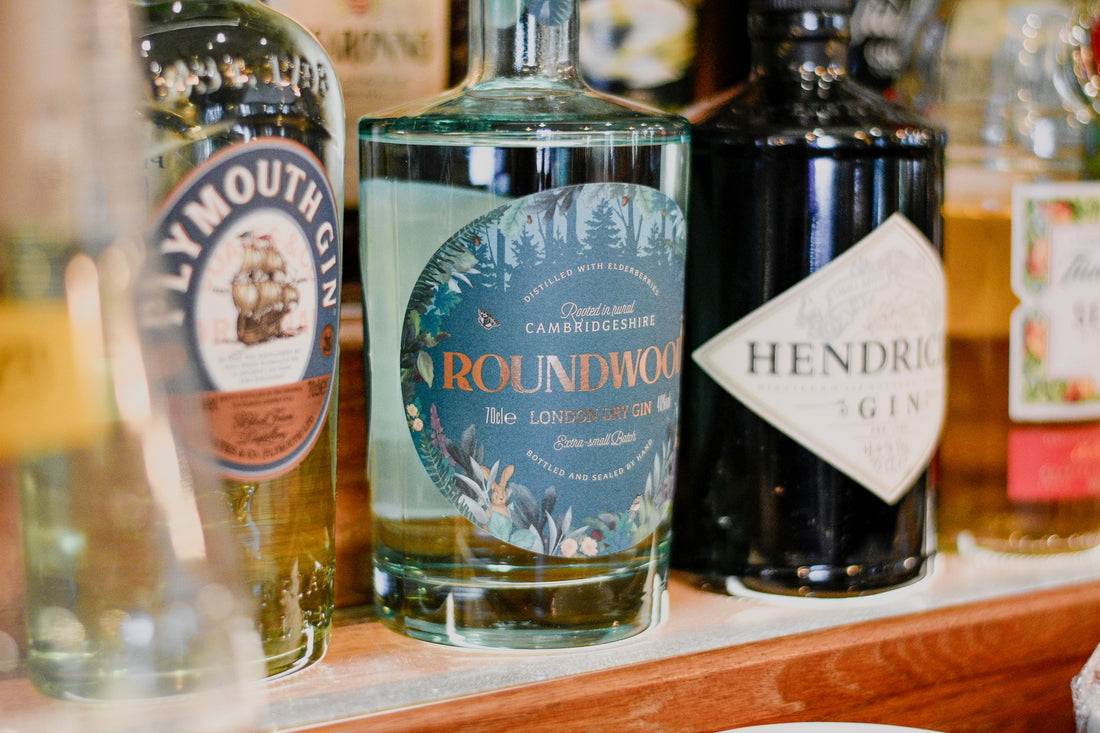If you're new to gin, it can be tricky to know how to taste it properly. But fear not, with a little guidance and a bit of practice (oh, what a hardship!), you'll soon be able to appreciate the complex flavours and aromas that this diverse spirit has to offer. Here are a few steps, guiding you how to properly taste gin.
Step 1: Choose Your Gin The first step to tasting gin is to choose a good'un. As we all know, there are countless gins available, each with their unique flavour profile, so it's worth trying a few (or lots of!) different ones to find one you like. You might want to start with a classic London Dry style.
Step 2: Pour Your Gin Next, pour a small amount of gin (around 25ml) into a clean glass. It's essential to use a clean glass to ensure there are no residual flavors or smells that might interfere with the gin's taste.
Step 3: Swirl and Smell Before you taste the gin, take a moment to swirl the glass gently. This will release the aromas and allow you to get a better sense of the gin's complexity. Then, bring the glass to your nose and take a deep breath. Try to identify the various botanicals that are used in the gin, such as juniper, coriander seed and citrus whilst inhaling gently.
Step 4: Take a Sip Now it's time to taste the gin! Take a small sip and let it sit on your tongue for a few seconds. This will allow your taste buds to detect the different flavors and textures. Notice the juniper, which is the primary flavoir in gin, as well as any other botanicals that you picked up in the aroma.
Step 5: Add Water or Tonic (Optional) If you're tasting gin neat, you might want to add a few drops of water to help open up the flavours. Alternatively, you could add some tonic water to create a gin and tonic. This will not only help to dilute the gin but also provide some sweetness and bitterness and make it easier to compare to other gins you've tried before.
Step 6: Evaluate and Enjoy Finally, evaluate the gin's taste, finish, and overall balance. A good gin should have a smooth and long finish with a pleasant aftertaste. If you're tasting gin with other people, maybe discuss your findings and compare notes.
In conclusion, tasting gin is an enjoyable and rewarding experience, and with a little practice, you might start to be able to identify the various botanicals. So, grab a glass, pour yourself some gin, and start tasting!

